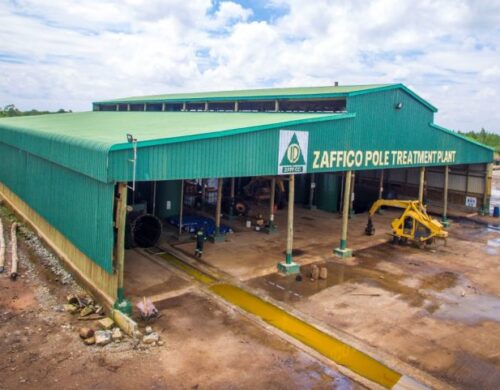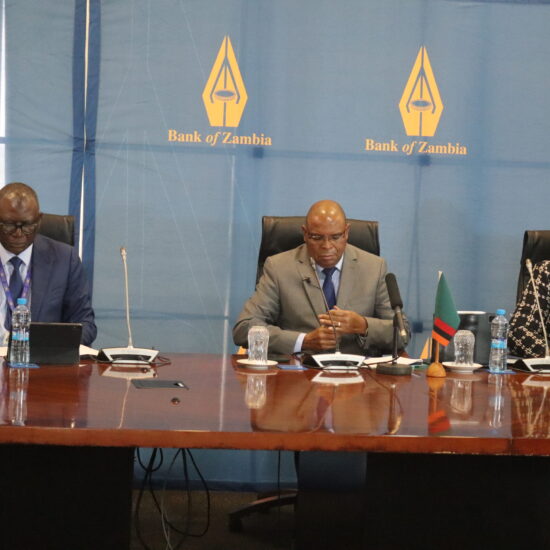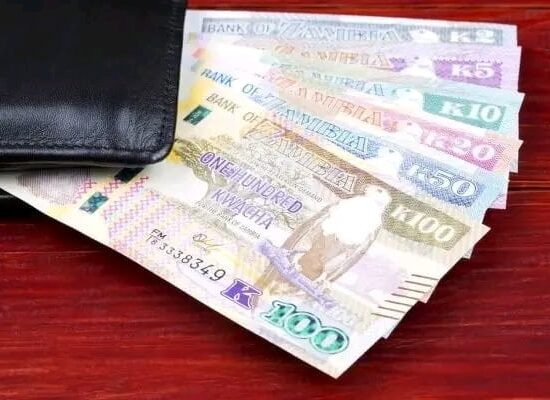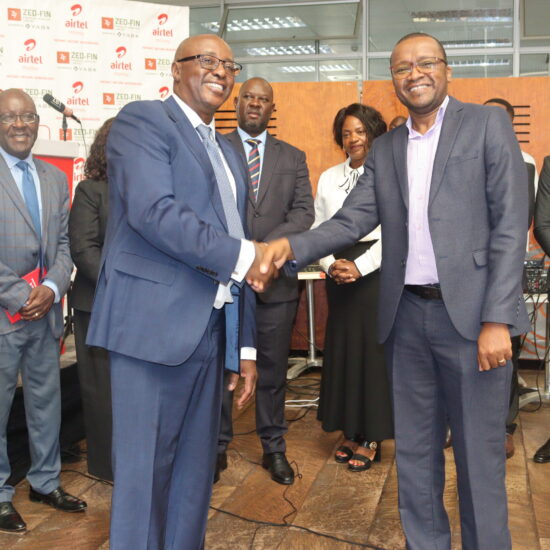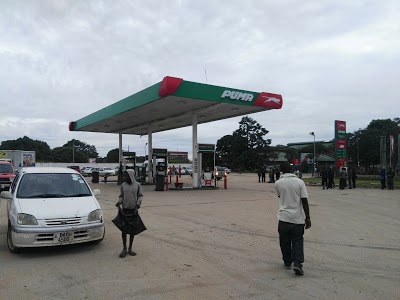
The Energy Regulation Board – ERB has disputed that there is an impending fuel price hike, stating that there is currently no fuel price review discussion by the regulator.
However, when a fuel price movements review for the past three months is done, it indicates that the new government may have resorted to continue subsidizing the fuel pump prices as the recent Kwacha appreciation which provided the buffer is currently being eroded as the local unit is again on the back foot and continues to depreciate.
Moreover, a temporary tax and duty waiver on petroleum imports which had prevented the upward adjustment prior to the August 2021 general elections should by now elapse, resulting in price adjustments.
A check on international fuel price movements for the past three months starkly reveals that the price of international crude oil has increased from about US$75.73 per barrel in July to currently about US$83.44 per barrel, an increase of about 10%.
When asked to confirm reports on an eminent upward fuel price adjustment, ERB acting Public Relations Manager Musonda Chibulu stated in response to the Zambian Business Times – ZBT that “ there is no fuel price review under discussion at the moment contrary to rumours of a purported planned fuel price increment”.
ERB however restated that it uses the Cost Plus Model – CPM to determine the price of petroleum products. CPM works on the principle that the final price of petroleum products should cover all the costs in the fuel supply chain.
Chibulu further stated that “ for every price revision, price adjustments are only effected if the proposed change in the price exceeds the 2.5% trigger band. If the proposed change in price is less than the 2.5% trigger band, prices would not be adjusted”.
Prices of fuel were supposed to go up as the elections approached but the government then took a political decision to remove some applicable duties and taxes to compensate for the waive upward price adjustment. In effect, subsidizing the fuel price and forgoing an undisclosed amount of tax revenue.

